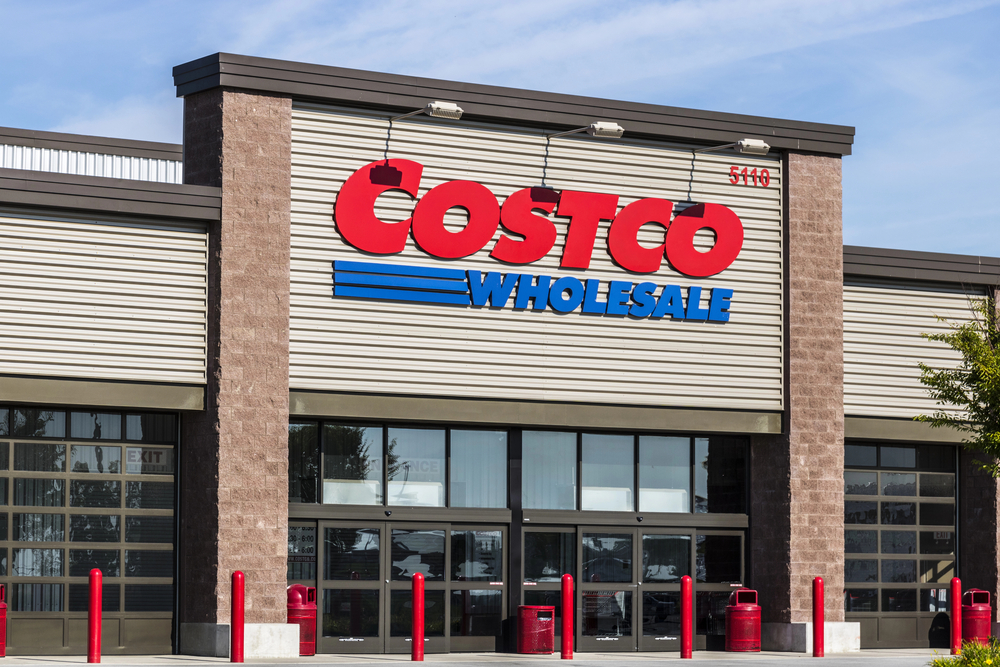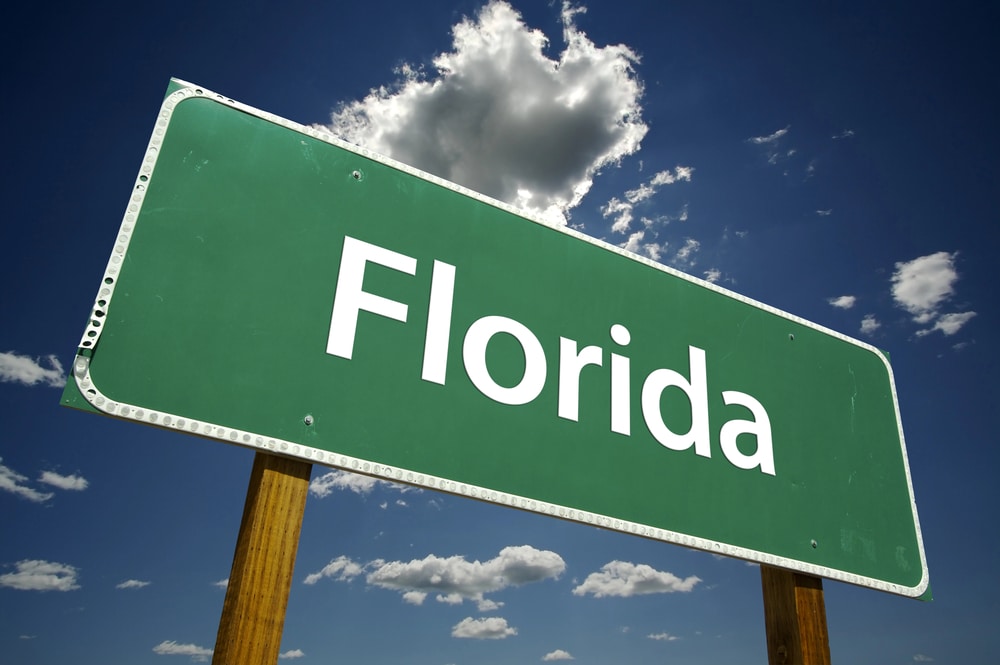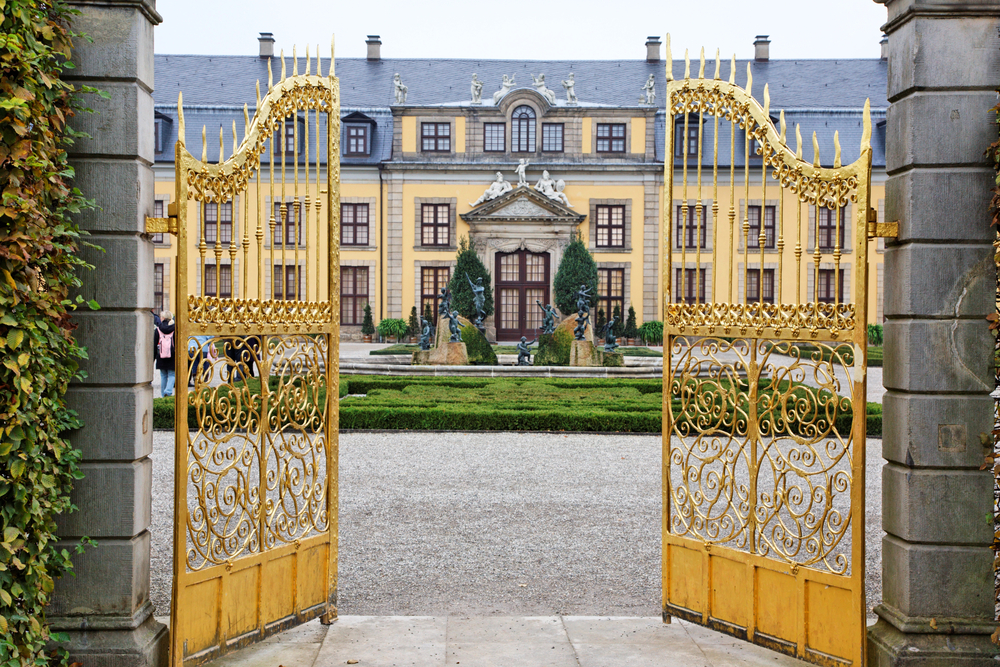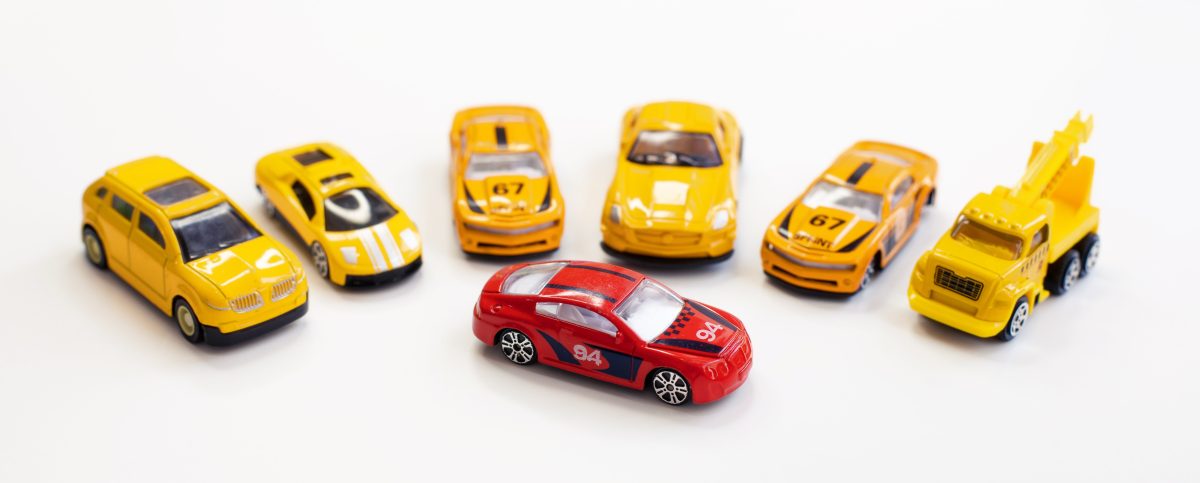As the real estate market undergoes new changes, getting a heads-up on which homes are likely to see a dip in their value becomes super important. The year 2024 is lining up to be a rollercoaster, with the economy, environmental policies, and what buyers are now into, all stirring the pot.
Let’s get into the 9 types of homes that are expected to take a hit in value this year, setting you up to make some seriously smart decisions.
Large High-Maintenance Homes
Bigger isn’t always better. The era of grandiose living spaces that demand equally grand upkeep efforts is seeing a shift. Large properties that require extensive care, time, and financial investment are facing a downturn in appeal, leading to a dip in their market value as the modern buyer’s priorities evolve towards simpler, more sustainable living.
Homes Without Outdoor Spaces
As the pandemic redefined the essence of home to include a sanctuary or a retreat, outdoor spaces have surged in demand. Homes lacking gardens, patios, or even small balconies are finding themselves at a disadvantage. The value of having a personal outdoor space, whether for leisure, gardening, or simply a breath of fresh air, has become a significant factor in the home-buying decision process.
Single-Family Homes
Old-school charm isn’t cutting it anymore. Buyers nowadays are hunting for homes that mix modern efficiency with comfort, leaving those stuck in the past—with their outdated features and lack of green tech—lagging in value.
Homes in Economically Declining Areas
Properties situated in neighborhoods or regions experiencing economic downturns are bracing for a hit in their market values. These areas, often characterized by a decrease in local employment opportunities, amenities, and overall community investment, are becoming less desirable this year.
Luxury Urban Condos
The high life in the city isn’t as hot as it used to be. With more people craving space and tranquility in the suburbs or countryside, thanks to work-from-home vibes, the demand for city condos and their hefty upkeep costs is dwindling.
Homes Close to Polluting Industries
Breathing easy matters more than ever. As health and wellness take center stage for homebuyers, properties near factories or heavy traffic are taking a hit for their poor air and noise levels, dragging down their appeal and value.
Outdated Energy-Efficient Homes
Energy efficiency is no longer a bonus but a baseline expectation for properties on the market. Homes that were once considered energy-efficient but have not kept up with advancements in green technology are now viewed as outdated. The modern buyer is looking for homes that not only promise lower utility bills but also contribute to a lower carbon footprint through state-of-the-art energy solutions.
Homes in Areas Prone to Climate Changes
Homes in places like the hurricane-hit coasts, flood zones, or wildfire-threatened areas are seeing their values drop. As climate disasters become more common, people are thinking twice about moving in, especially with insurance costs skyrocketing or insurers bailing out altogether.
Homes Lacking Smart Technology
Tech-free homes are getting left behind. In an age where life is seamlessly integrated with technology, homes without smart features like security, energy management, or automation are falling out of favor, affecting their market appeal and value.






